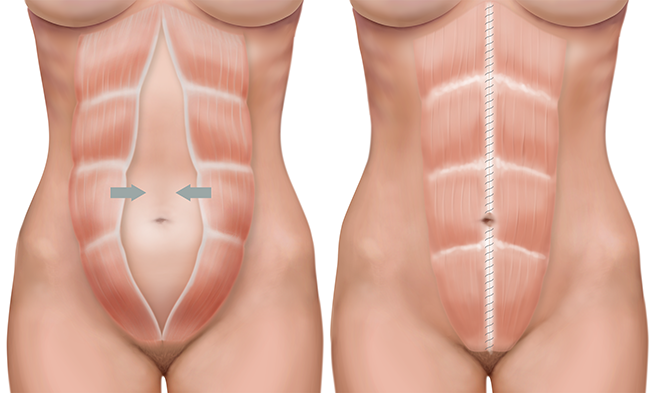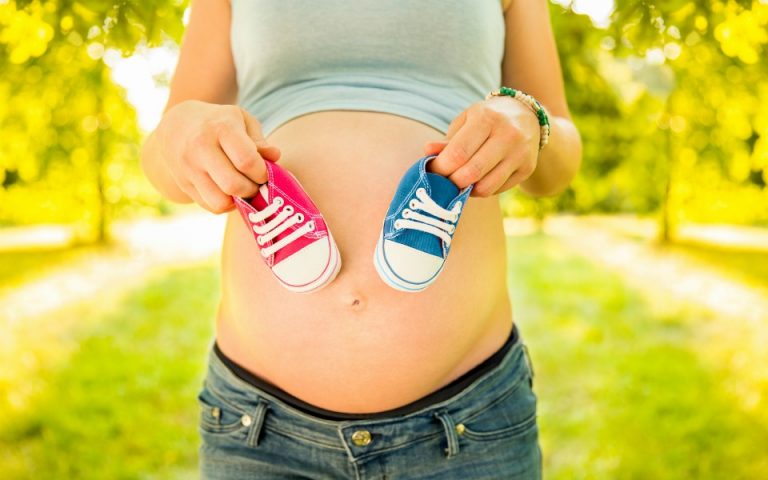Fluid Retention And Weight Gain During Pregnancy
You might be following a healthy pregnancy eating plan and exercising well during your pregnancy to ensure you have a healthy pregnancy weight gain but what other factors can make you gain extra weight?
A main cause for weight gain in pregnancy is fluid retention (Oedema). It is very common and affects 65 per cent of pregnant women. It can occur at different times in the pregnancy but generally occurs more frequently in the third trimester. Oedema is unavoidable with pregnancy but this article by registered midwife, Ali Pickles, will discuss some options to help.
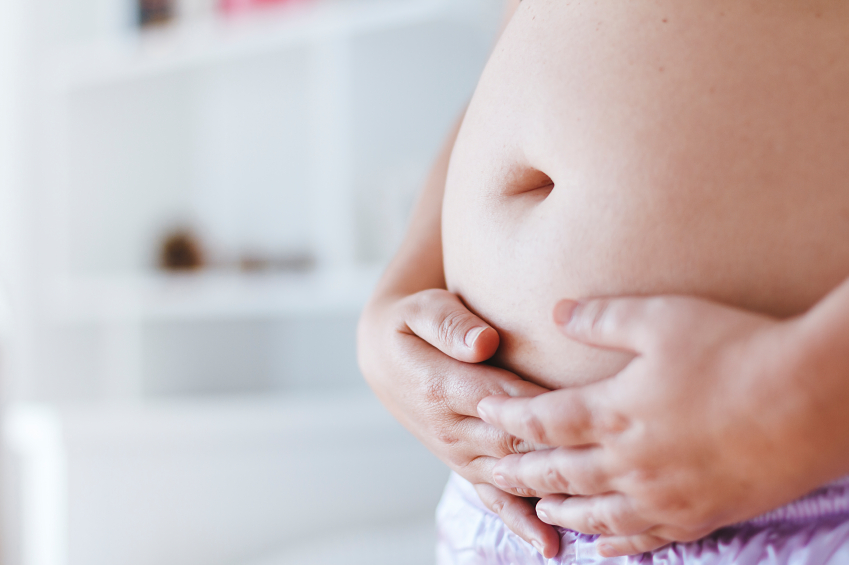
What Causes Oedema?
As your baby grows, it places more pressure on the veins in your groin, decreasing their ability to pump blood back to your heart effectively. It’s very common and relatively normal. Swelling isn’t restricted to your feet it can affect hands, face etc. If you are experiencing headaches, blood pressure problems and visual disturbances and sudden swelling from fluid, it’s best you get checked by your doctor as these symptoms collectively can be pre-eclampsia.
Pregnancy related fluid build up generally worsens as the day goes on, especially if you have a job where you’re on your feet a lot of the day. If you are concerned about the swelling or it moves up your calves causing an indentation when pressed it’s best you speak with you doctor.
Nine Options For Relieving Fluid Retention
1. Drink water
It may seem logical that if your body is storing water then you should decrease how much you drink. Quite the opposite. The more you drink (minimum 2 litres) the better it is on kidney function. Do not go over board with fluid but definitely do not decrease fluids.
2. Eat A Diet Rich In Lean Protein
Lean meats, nuts, eggs, milk and legumes are all great sources of protein. The Healthy Mummy Pregnancy Eating Plan meets daily protein intake needs.
3. Rest
Fluids tend to get worse in the afternoons and evenings so put your feet up and relax!
4. Foot Massage
While we’re on the subject of relaxing, ask your partner for a foot massage. They always go down well!
5. Natural Therapies
Acupuncture, shiatsu, massage, chiropractor, homeopathy, the list goes on! Some people find aromatherapy helps but seek advice on which ones are appropriate and safe during pregnancy.
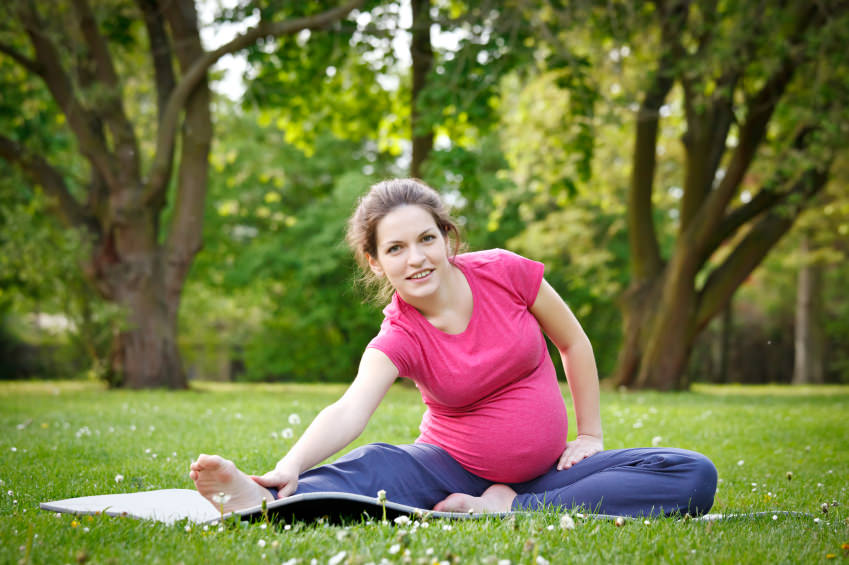
6. Exercise
Swimming, walking and yoga all help with increasing blood flow, and therefore this helps to move fluid.
7. Munch On Watercress, Celery, Apples, Citrus And Parsley
These are all natural diuretics and help you to pass water out of your cells and body.
8. Wear Compression Tights
Turns out these aren’t just good for long-haul flights!
9. Eat Foods Rich In Vitamins C And E
These include citrus fruits, capsicums, strawberries, broccoli, cabbage, sweet corn, cashews, almonds, sunflower seeds, tomatoes and potatoes.
When To Be Concerned About Fluid Retention And Seek Medical Attention
Fluid retention can be uncomfortable. You can’t fit into your normal shoes, you may need to go to the toilet more and you may find you are sweating more. This is normal as your body finds way to expel the excess fluid. When you have your baby you may find your fluid retention gets worse before it gets better. Don’t worry this is normal and will relieve a few days after you have your baby. It’s not permanent!
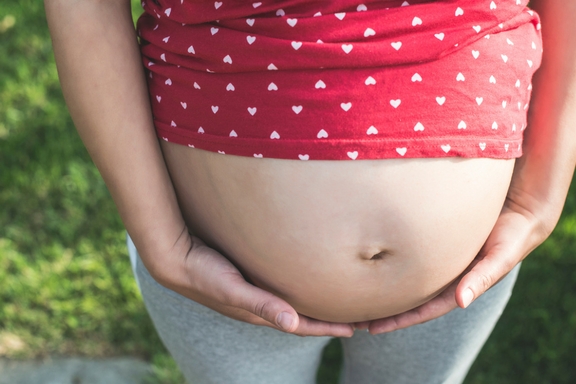
However, there are some occasions where it can be a cause for concern. If the fluid retention is only in one leg or if your leg is red and tender and lumpy, this could be a sign of a blood clot. Also, if you suddenly get blurred vision, have a headache and the fluid suddenly blows up, you may have pre-eclampsia. If you experience symptoms such as these, we advise you to see your doctor.
If it is a hot day and you do not have the above symptoms and you swell up, it could be just due to the warm weather. Have a cooler bath to cool your body temperature down.
Try not to be caught up in weight gain in pregnancy. When you have had your baby you can worry then. Relax, put your feet up and get hubby to massage your feet!
Join the NEW mum and pregnancy support group



